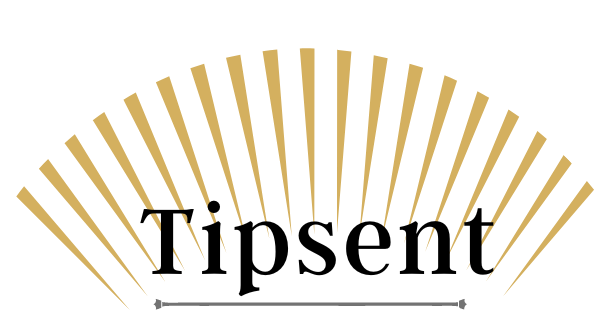Before selling your business to a buyer, there are several tips you can follow. First, you should understand what a prospective buyer is looking for. Ask yourself how the buyer would view your business, and ensure everything is clean and well-maintained. If anything seems broken or outdated, that will be a deterrent to potential buyers. In addition, you should make any necessary upgrades, like repainting or installing new exterior signs.
Marketing materials
Your marketing materials must be updated regularly and accurately reflect your small business’s image. They should be easily editable to reflect changes in graphics and details. They should include the latest email addresses for all your clients. Adding this information to your collateral will help you improve customer service.
Creating catalogues is another effective way to promote your business. Catalogues are booklets that feature lists of products and services. They are designed to be flipped through by potential customers, and they offer a more detailed look at what your company has to offer. They can be distributed at client meetings or mailed directly to consumers. You can also place catalogues in retail stores and other local businesses.
Brochures are another helpful marketing tool. They offer detailed information about a product or service and are often folded for storage. They are also attractive and can include images and texts that appeal to consumers. These brochures can also have contact information and a call to action. Direct mail marketing is also an excellent option. A mailing list is a list of potential buyers, and a mailing list is an effective way to reach these potential clients.
Newsletters are another great way to communicate your company’s message to potential customers. Newsletters provide detailed information about a company’s recent initiatives and can help persuade people to buy. They are particularly effective when used to sell a business. These materials can be created by a printing service or by the company itself.
Segregation of duties
Purchasing is one area of a business where segregation of duties is critical. It is essential to separate the person responsible for entering invoices and signing checks from the person responsible for placing orders. This practice helps reduce the risk of fraud and abuse. Whether buying a business or running your own, segregating these duties will ensure that you have adequate oversight and prevent fraud and abuse.
Several things must be considered when determining the segregation of duties in a business. First, you should decide how the business works and who will perform each task. It may sound like an easy task, but it’s not as simple as it sounds. Many variables need to be considered, from the employees to the vendors.
Secondly, you must be sure that everyone has a clear understanding of what their job duties are. For example, one person cannot sign checks to pay suppliers and write fraudulent checks. A separate employee must be hired to perform each role. It prevents a single employee from assuming too many responsibilities and placing the company at risk of fraud.
Moreover, it would help if you also considered how well the segregation of duties is implemented. It may be difficult to achieve in a smaller organization with fewer employees. Also, separating the tasks can cause processes to flow less efficiently. It can lead to weaker control and more significant fraud risks.
Cash flow
If you’re considering selling your business, cash flow is an important consideration. Potential buyers and investors will want to see a strong cash flow statement to gauge how valuable the business is to the new buyer. A strong cash flow is a sign of a healthy business. While financial buyers are typically interested in a solid company, many strategic buyers seek synergies and a competitive market fit. In most cases, a better fit means a higher premium.
Understanding cash flow can help you manage accounts, pay bills, and grow your business. Many business owners become so focused on revenue growth that they forget about cash flow. Monitoring cash flow to have enough cash to pay your bills and operate the business efficiently is vital.
When determining the value of a business, you have to factor in cash flow and riskiness. In addition, you need to have an income statement that shows your cash flow history. A business’ cash flow statement shows the buyer how much profit the business makes. If you’re unsure of what your business is worth, a business broker can help you analyze the details and help you find the best buyer.
Preparing a prospectus
While preparing a prospectus, it is essential to understand the differences between the different types of buyers. For example, a financial buyer may not be interested in buying your business, while a strategic buyer might have a higher interest. You can approach a business broker to find a prospective buyer. Your broker will have a long contacts list and can approach these people confidentially.
When preparing a prospectus, you must understand the type of assets you intend to sell with your business. You may have already removed non-essential or unproductive assets. If you haven’t done so, it’s probably best to sell these assets separately. Even if they do not yield additional money to the buyer, they can be valuable to you. You may check business for sale in Queensland here!
A prospectus is a formal legal document that a company provides prospective public investors. It outlines the investment opportunity details and helps potential investors make informed decisions.

